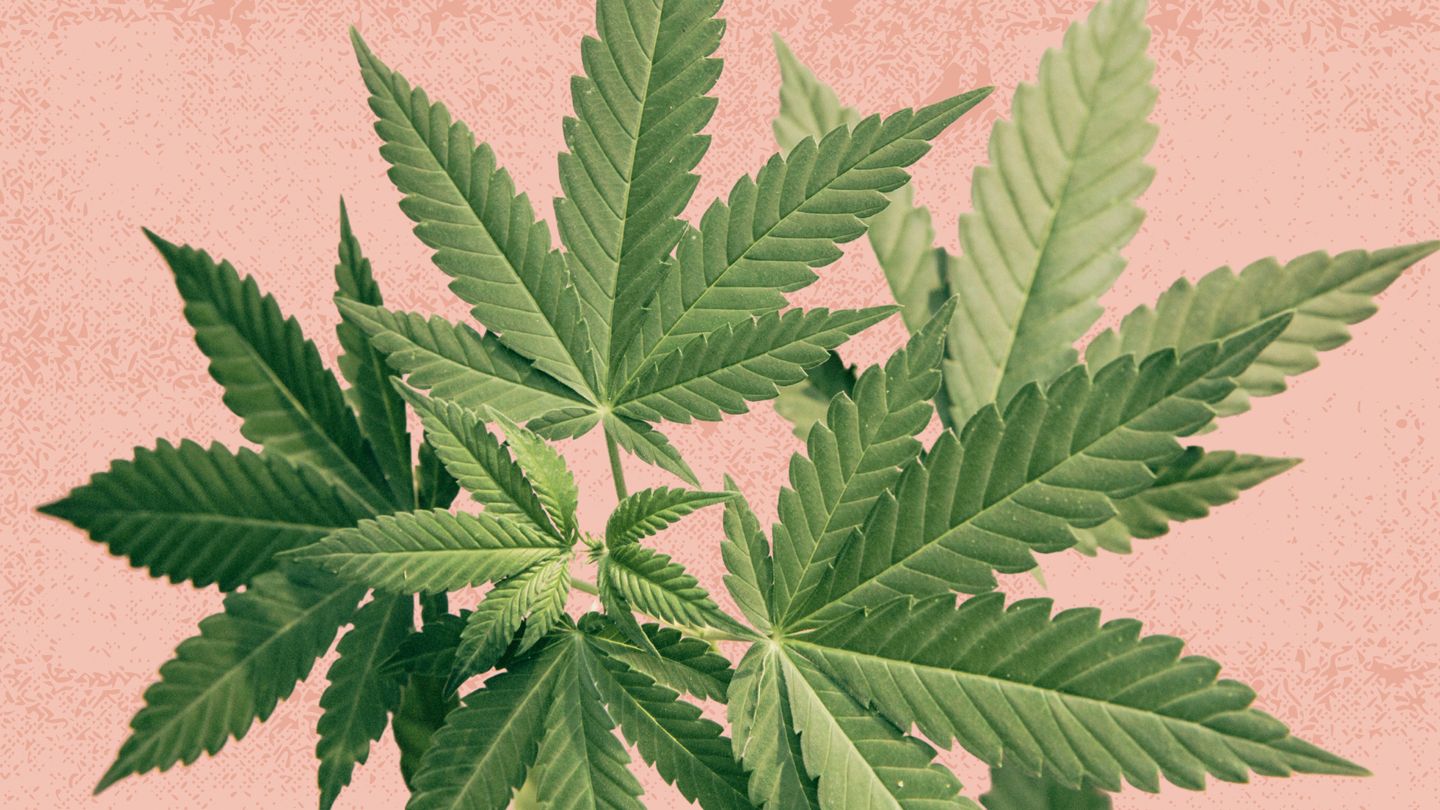How Depression Can Affect Appetite and Satiety
Feeling full and satisfied after eating is an important part of maintaining health and wellbeing. However, for those dealing with depression, changes in appetite and satiety can occur, leaving one feeling unsatisfied and still hungry after eating. By understanding the link between depression and appetite, and utilizing helpful strategies, it is possible to get back on track with feeling comfortably full after meals.
The Link Between Depression and Appetite
It is very common for depression to affect appetite and satiety cues. In fact, up to two-thirds of people with depression experience noticeable changes in appetite and weight when experiencing a depressive episode. The reasons for this are complex, involving biological, psychological, and social factors.
Biologically speaking, depression impacts various hormones, neurotransmitters, and neural pathways that regulate hunger and fullness. Key examples include:
- Serotonin - Low levels of this neurotransmitter, common in depression, can increase cravings for sugary and starchy comfort foods.
- Dopamine - Depression is linked to disturbances in dopamine pathways that regulate motivation and reward-driven eating.
- Orexin - These neurotransmitters stimulate appetite and can be overactivated in depression.
- CRH - This stress hormone is overproduced in depression and can suppress appetite.
In terms of psychology, depression can make eating seem like a chore, or alternately, make snacking seem tempting for a quick mood boost. Those with depression may also lack motivation to purchase and prepare healthy foods that leave them feeling satisfied.
Socially, isolation and loneliness that often come with depression remove opportunities for shared meals, which can help regulate appetite. Disturbed sleep from depression can also disrupt hormones related to hunger and fullness.
Common Appetite and Satiety Changes with Depression
Appetite changes with depression can vary greatly from person to person. Some of the most common changes include:
- Increased appetite and cravings - Depression can trigger cravings for sugary, fatty comfort foods leading to weight gain.
- Decreased appetite - Lack of motivation and enjoyment from food may result in skipped meals and weight loss.
- Indifference to food - Some people with depression experience a dulled sense of taste and lack of interest in eating.
- Feeling full faster - Depression can cause early satiety, where one feels full after eating only a small amount.
- Difficulty feeling satisfied - Due to biological and psychological factors, a depressed mood can prevent feeling satisfied after eating.
Additionally, those struggling with their appetite may turn to convenience foods, emotional eating, or erratic meal patterns, which can impact feelings of satiety.
Finding Satisfaction and Balance with Your Appetite
If your depression has you feeling unsatisfied, ravenous, or apathetic around food, there are strategies that can help bring your appetite back into balance:
1. Follow a mindful eating approach
Tuning into the sensory experience of eating by minimizing distractions, paying attention to flavors and textures, and eating slowly can help increase satisfaction and fullness. Using mindfulness can curb mindless overeating.
2. Incorporate more protein and fiber
Protein rich foods like eggs, yogurt, beans, and fish are filling and can help control cravings. High-fiber whole grains, vegetables, fruits, and nuts also promote satiety. Avoid carb-heavy processed foods that can lead to a blood sugar rollercoaster.
3. Stick to a consistent eating schedule
Try to eat meals and snacks at regular times each day. Maintaining consistency with your eating pattern can help regulate appetite control hormones for fuller satiety between meals.
4. Limit sugary beverages
Cutting out high-calorie, sugar-filled coffee drinks, sodas, and juices eliminates empty calories that wont satisfy. Focus on eating solid foods first to fill up.
5. Control portions
Overeating can stretch the stomach and reduce satiety signals. Measuring proper portions, eating from smaller plates, and stopping when you feel 80% full helps prevent overeating.
6. Reduce stress where possible
Finding outlets to relieve stress through relaxation techniques, social support, physical activity, or counseling can help minimize stress-triggered eating. Unchecked stress disrupts appetite signals.
7. Get enough sleep
Sleep deprivation disrupts hormones that regulate hunger and satiety. Aim for 7-9 hours per night, and speak to a doctor if insomnia is an issue.
8. Seek professional support
Speaking to a doctor or mental health professional can help diagnose any underlying factors driving appetite changes with depression and determine proper treatment methods specific to you.
When to Seek Help for Appetite and Satiety Issues
For short term cases of reduced appetite or temporary food cravings, trying the above strategies may help restore balance. However, if appetite or satiety issues with depression become chronic or severe, it is important to reach out for professional support.
See a doctor or mental health professional right away if you experience:
- Significant weight loss or weight gain
- Complete loss of appetite or compulsive overeating
- Inability to feel satisfied after eating any amount of food
- Intense food cravings disrupting daily life
- Fatigue, dizziness, or disconnected from hunger cues
A combination of medical, psychological, and dietary help tailored to your situation can get you back on track feeling comfortably satisfied and stable with food. Dont hesitate to get expert care.
Coping with Appetite Changes in Depression
Remember that your appetite is not your fault. Depression can severely disrupt normal hunger and fullness cues against your will. With professional support, biological restoration, and learned coping techniques, you can regain control around food.
Implement small, consistent changes to build better eating habits. Expect ups and downs. Over time, feeling satisfied after eating can be restored. Be proud of every positive choice made in the process.
Nourishing your body with care and mindfulness will provide lasting benefits for your physical and mental health. Dont be afraid to ask for help. With patience and support, you can overcome appetite changes stemming from depression.
FAQs
Why does depression affect appetite and satiety?
Depression impacts various hormones, neurotransmitters, and neural pathways that regulate hunger and fullness. Disruptions to serotonin, dopamine, orexin, CRH and other signals can decrease or increase appetite.
How can you increase feelings of fullness with depression?
Eating more protein, fiber, and whole foods, while limiting processed items, added sugars, and portions can help improve satiety. Following mindful eating practices also increases satisfaction.
What causes loss of appetite with depression?
Depressed mood can dull enjoyment of food and motivation to eat. Biological factors like high stress hormone levels may also physically suppress appetite signals.
When should you see a doctor for appetite issues with depression?
See a doctor right away if you experience significant weight fluctuations, inability to feel satisfied after eating, loss of hunger cues, or intense food cravings disrupting life.
Can you restore a normal appetite after depression?
Yes, with professional treatment, lifestyle changes like proper nutrition and sleep habits, and learned coping techniques, it's possible to regain balance around appetite and satiety after depression.
Disclaimer: This article is for informational purposes only and does not constitute medical advice. Always consult with a healthcare professional before starting any new treatment regimen.
Related Coverage
Discover how to navigate the world with confidence and self-worth, beyond the opinions and emotions of others. Embrace self-acceptance, positive relationships, and purpose....
Magnesium-rich sprouts like alfalfa help calm anxiety in fall and winter. Pair with warming ginger, sweet potatoes, salmon, chamomile tea for relaxation....
Supporting someone with depression can be challenging. Learn effective strategies for providing emotional support, encouraging professional treatment, and taking care of yourself....
Dating someone with depression presents unique challenges. Learn how to help your partner manage symptoms, cope with relationship issues, and encourage treatment....
Artistic outlets like drawing and journaling allow constructive processing of difficult emotions during mental health issues. Visual expression externalizes feelings, builds resilience, and promotes healing....
Learn which everyday foods lift mood and which cravings to ditch in a simple diet for depression that supports mental health....
Learn techniques to protect your personal energy field from draining people. Set boundaries, replenish your reserves, and stop others from tapping into your energy....
Learn about the proposed link between UTIs causing fluid retention and temporary weight gain. Discover how much extra weight is typical with a urinary tract infection....
Research shows cannabis and cannabinoids like THC and CBD can alter serotonin production, release, and receptor activity in regions throughout the brain....
Children with mixed dyslexia have trouble with word decoding, reading fluency and comprehension. Causes include phonological, orthographic and verbal processing weaknesses....








